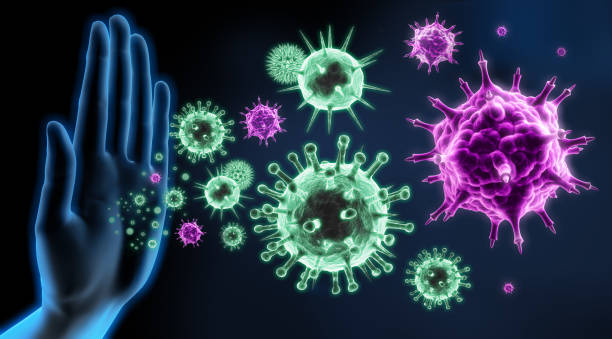When it comes to fighting cancer, there is no one-size-fits-all approach. However, including anti-cancer supplements in your diet can be an effective way to reduce your risk of developing the disease. Anti-cancer supplements are natural compounds and vitamins that can help strengthen your immune system, protect cells from damage, and improve your overall health. In this blog post, we’ll explore why you need anti cancer supplements in your diet, as well as which supplements are the most beneficial for fighting cancer.
What are free radicals?
Free radicals are molecules that have been altered due to an imbalance of electrons, which can be caused by exposure to environmental toxins, stress, and other lifestyle factors. Free radicals damage healthy cells in the body, leading to cell mutations and other changes that can result in diseases such as cancer. Prostate cancer is especially associated with free radical damage because of its location near the prostate gland. Free radical damage to the prostate has been linked to a higher risk of developing prostate cancer.
Free radicals are unstable molecules that contain an unpaired electron.
This makes them highly reactive and capable of binding to other molecules in the body, such as proteins, fats, and DNA. When these molecules bind, they can cause damage to the cell’s structures and even alter its genetic code. In some cases, this damage can lead to the development of cancer.
Prostate cancer supplements are a great way to protect your body against free radical damage and reduce your risk of prostate cancer. Antioxidants, found in certain fruits, vegetables, and supplements, neutralize free radicals by donating an electron to the molecule and restoring its stability. This helps reduce the risk of cell damage and mutation that can lead to cancer.
How do free radicals cause cancer?
Free radicals are molecules that have an unpaired electron, making them highly reactive. When free radicals come into contact with other molecules in the body, they can cause damage to them, including DNA. This damage can lead to the development of cancer. In fact, free radical damage has been linked to a variety of cancers, including breast, prostate, and colon cancer.
Prostate cancer is caused by a combination of genetic factors and environmental influences. Free radical damage has been identified as one of the environmental factors that can contribute to the development of prostate cancer. Studies have shown that free radical damage leads to mutations in the genes associated with prostate cancer, which can lead to the growth and spread of the cancer cells. To reduce the risk of developing prostate cancer, it is important to reduce free radical exposure through lifestyle changes and antioxidant supplements. Antioxidant supplements help to neutralize free radicals and protect against their damaging effects.
What are antioxidants?
Antioxidants are compounds found in certain foods, vitamins, and supplements that can protect cells from damage caused by molecules called free radicals. Free radicals are molecules that have an unpaired electron, making them highly reactive and prone to react with other molecules. If left unchecked, this can cause cell damage that has been linked to a number of health conditions including cancer. While our bodies naturally produce antioxidants, some antioxidants can only be obtained through our diet. Studies have found that taking antioxidant supplements may reduce the risk of certain cancers, such as prostate cancer.
Antioxidants work by binding to free radicals and neutralizing them, thus preventing them from causing damage to cells. They also help to repair any damage that has already been done by free radicals. Antioxidants also play a role in helping to reduce inflammation and fighting off infections, making them essential for overall health and well-being. Some of the most popular and effective antioxidants include vitamin C, vitamin E, and selenium. Additionally, phytochemicals like polyphenols, flavonoids, and carotenoids also act as powerful antioxidants that can be found in many fruits, vegetables, and herbs.










